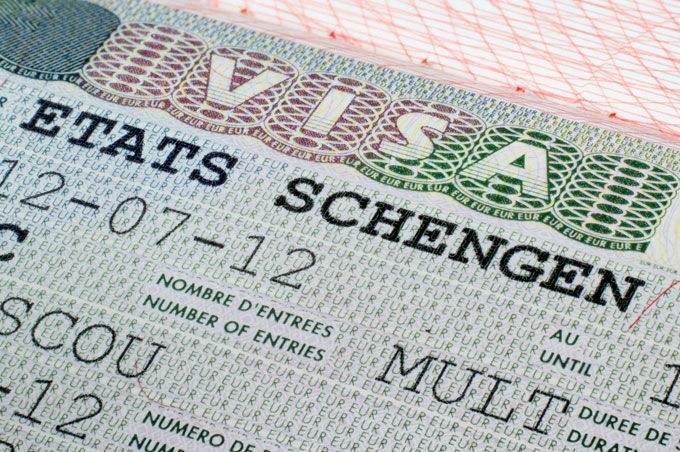While today, for example, a visa for Scandinavian nationals is not required to enter New Zealand, the rules will change from 1 October.
After that, the New Zealand authorities will require, for example, citizens of EU countries to have a so-called NZeTA, the New Zealand Electronic Travel Authority in advance, to enter the country.
To enter New Zealand after October 1, in addition to a visa or a NZeTA, a return ticket or air ticket to another country is required for that traveler to enter.
With NZeTA, the New Zealand Immigration Authority, Immigration New Zealand, can screen air passengers on their way to the country in advance – or before they begin their journey towards New Zealand. This allows the traveler to New Zealand to be rejected before the air passenger boardes the aircraft to bring him to New Zealand.
This system of NZeTA is known from many other countries, not least the United States, where it is called an ESTA, Electronic System for Travel Authorization.
While the US ESTA costs 14 dollars and is valid for two years, the New Zealand NZeTA will cost nine to 12 New Zealand dollars, one New Zealand dollar costs just under DKK 4.30. NZeTA is also valid for two years, Air New Zealand said in a travel information.
The New Zealand NZeTA applies only to travelers who will be staying in the country for a maximum of three months. It takes up to three days to get approved for a NZeTA, but it can also be just a few minutes.
Similarly, travelers to New Zealand will already have to pay some kind of environmental tax, the International Visitor Conservation and Tourism Levy (IVL), which costs 35 New Zealand dollars, about 150 Danish kroner.
Requires access to mobile phones
Last year, New Zealand introduced a new rule that arriving travelers to countries can be fined about $ 20,000 if they do not want to inform border police about the code for, for example, their mobile phone.
The law change in New Zealand makes it a criminal offense for airline passengers not to disclose border police passwords or PINs to their cell phones, laptops and other electronics so these can be investigated.
A spokesperson for New Zealand Customs told CNN that the change in law was a necessity “as electronics have meant travelers are carrying less paper and banned materials are now on electronic devices.”
CNN wrote that while in many countries around the world, border authorities already have legal authority to investigate travelers’ electronic devices, New Zealand is the first country to impose fines if passengers do not want to cooperate by providing passwords and PINs.

























